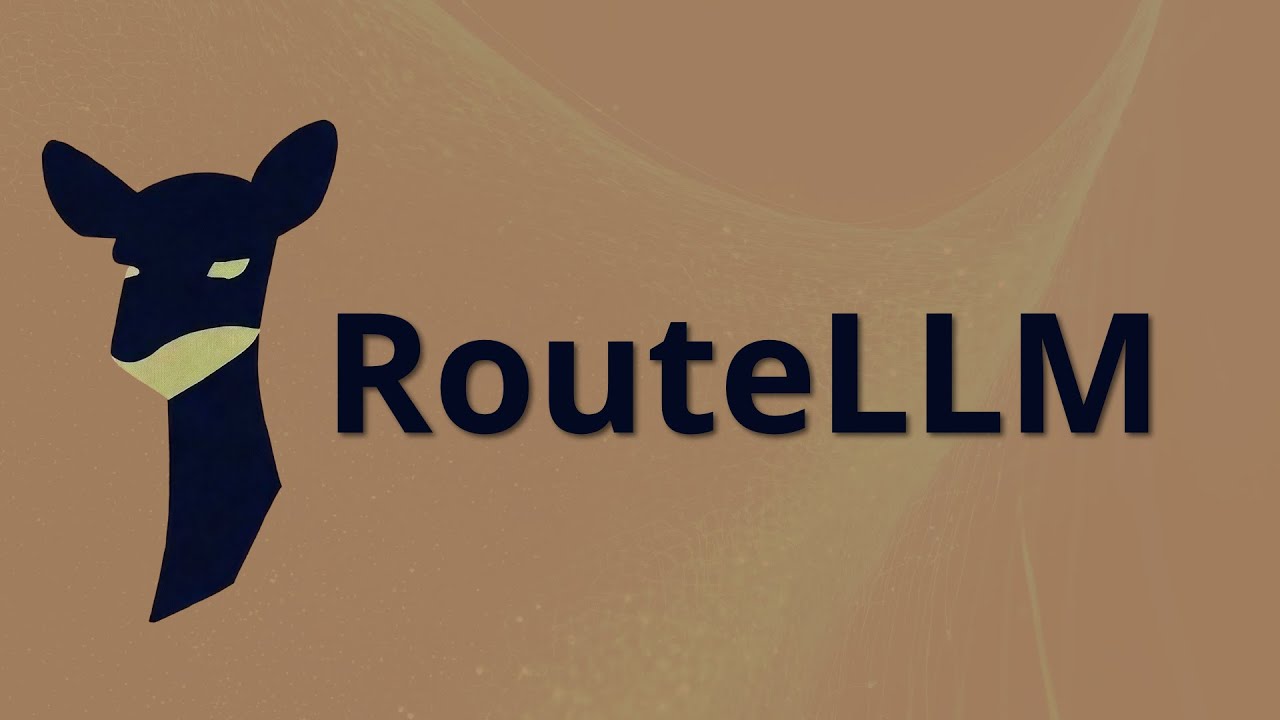The video discusses the use of the route llm framework, an open-source LLM routing system developed by LM Cy, to optimize the selection of AI models based on query requirements. By intelligently routing queries to cheaper models for most cases and more powerful models only when necessary, the framework has shown significant cost savings of over 85% while maintaining high accuracy levels comparable to top-tier models like GPT-4.
In the video, the speaker discusses the concept of utilizing cheaper and faster AI models instead of always resorting to more expensive and powerful models like GPT-4 or Claude Opus. The main idea revolves around the use of an open-source framework called route llm, developed by LM Cy, which acts as a cost-effective LLM routing system. This framework aims to optimize the usage of different models based on the specific query or prompt being processed. By implementing this router, significant cost savings of over 85% have been achieved on various datasets, while still maintaining high levels of accuracy comparable to top-tier models like GPT-4.
The route llm framework operates by analyzing incoming queries and determining whether a cheaper or a more powerful model should be used to generate a response. By intelligently routing queries to the most suitable model, the system can reduce costs significantly, especially for applications that may be on the verge of profitability due to high model usage expenses. This approach allows for leveraging cheaper models for about 80% of queries, while utilizing high-end models only when necessary for the remaining 20%, resulting in substantial cost savings.
The framework incorporates various models and methodologies for making routing decisions, including similarity-weighted calculations, matrix factorization models, and training classifiers using Bert and LLM models. By analyzing human preference data and training the system on a diverse set of data pairs, the framework can predict the most appropriate model for a given query efficiently. Augmenting the training data with human judgments from models like GPT-4 further enhances the accuracy of routing decisions, leading to improved cost-effectiveness.
One interesting finding from the research is that the routing models remain effective even when the underlying LLM models are swapped out for different ones, such as switching from Mixr to Llama 38b or GPT-4 to Claude Opus. This demonstrates the robustness and versatility of the routing system in adapting to changes in the underlying LLM models without compromising performance. The video emphasizes that the open-source nature of the route llm framework allows developers to access the code, models, and datasets for experimentation and integration into their applications, potentially leading to further advancements and optimizations in LLM routing strategies.
Overall, the route llm framework presented in the video offers a practical and cost-effective solution for optimizing the usage of AI models in production applications. By intelligently routing queries to the most suitable models based on the specific requirements, developers can achieve significant cost savings while maintaining high levels of accuracy. The open-source nature of the framework encourages collaboration and innovation within the developer community, enabling the exploration of new routing methodologies and further enhancements in cost-effective LLM usage.
